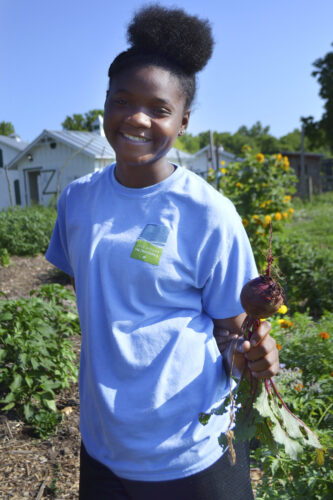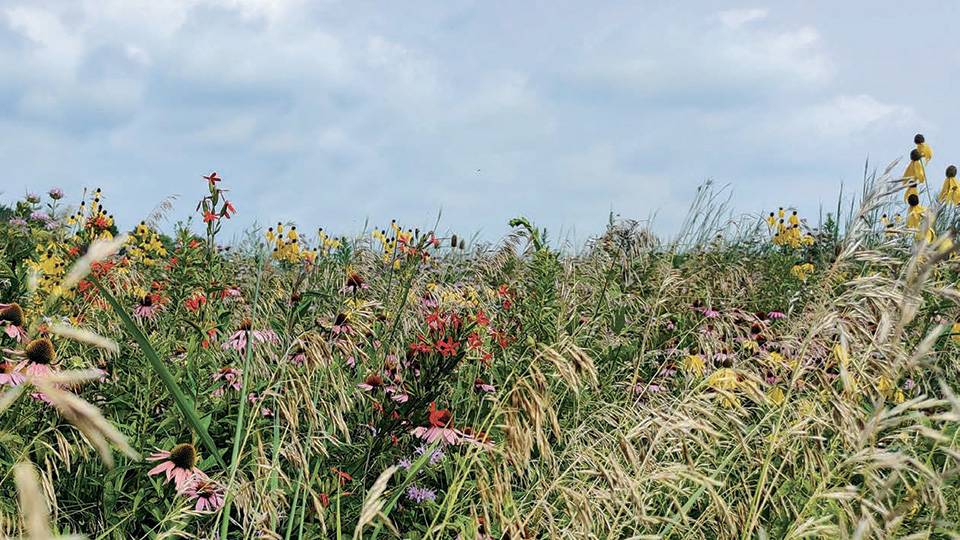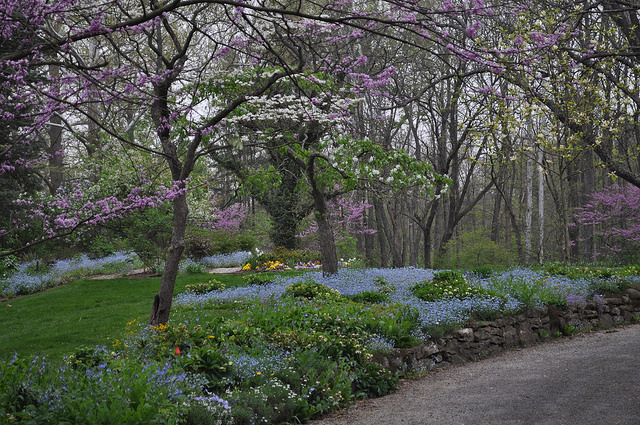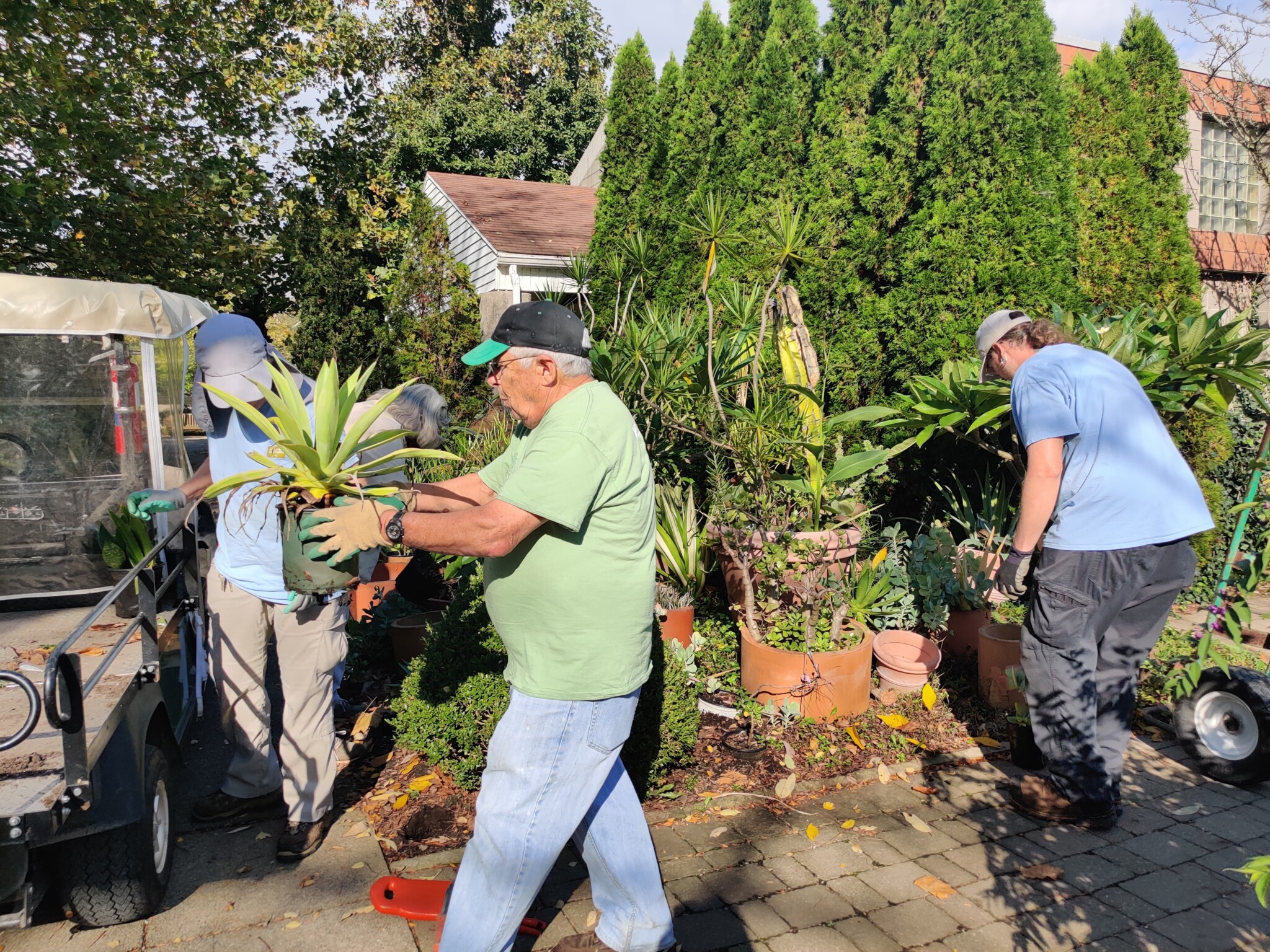Updated July 27th, 2023
Keep on growing: Second season in the garden
Hot weather crops, such as peppers and tomatoes, are getting ripe and popping up left and right in your garden. In case you were thinking about winding down, think again: You can keep the gardening fun going into fall with cooler-season vegetables and herbs.
You can start seeds now for the following plants, which can be enjoyed through late-summer and into fall:
- Carrots
- Collards
- Mustard Greens
- Beets
- Chives
- Bush Beans
- Chard
- Kale
- Lettuce
- Spinach
Fall-grown veggies tend to be sweeter, and you don’t need to worry as much about insects, weeds and watering. Learn more.
Fall produce planting tips

Starting seeds: Be sure to read your seed packets and note the number of days to maturity. Long-season and hot-season crops cannot be replated at this time, but plants with 30 to 50 days (6 weeks) to maturity will do well. Additionally, plant your seeds at the right depth and use recommended spacing, which you will find on your seed packet.
The biggest barrier to seed germination in late summer and early fall is keeping soil moist and cool. Warm, dry soil makes it difficult for seeds to germinate. Trying to keep your seeds shaded until they germinate. Emerging seedlings will start to sprout in warm weather so remember to protect them from direct sunlight until they are hardy.
Picking produce: In addition to the vegetables listed above, consider planting:
- Root crops: Radishes and parsnips
- Leaf crops: Lettuces, turnip greens, arugula
- Greenery: Cabbage, broccoli and peas
- Herbs: Perennial herbs such as sage, rosemary and thyme will last until frost. Green onions will have to be cut as they grow.
If you are using a space where you were growing summer veggies, be sure to completely clear the area before you plant seeds. If you are putting in a new bed or growing in containers, add clean compost to the soil.
Those who don’t want to completely clear out a space can interplant around existing plants. Education coordinator, Kate Lowry, is doing this in the demonstration garden at Possum Creek MetroPark.
“Right now we cleared up some space by our collards and I plan on interplanting some things around them, like lettuce or peas or something like that that don’t enjoy this high heat. It gives the little ones some shade protection, and dense plantings can help with weed suppression (though other issues like fungal and disease and pest problems may increase with dense planting)
Second season produce won’t get as big as your summer haul, but they will be just as delicious and good for your health.
Plant care: Fall plants need eight hours of sun per day. Because the days are getting shorter, plant in a location that will allow your garden to receive plenty of sunlight. Water as needed, but remember that with shorter days and cooler nights, there won’t be as much moisture lost to evaporation. Check your plants for mildew caused by over watering.
While you won’t have to worry as much about insects – especially later in the season – be mindful to clear any weeds that pop up.
Be sure to mulch: During really hot weather, it’s really important to mulch. Be sure to provide about an inch of mulch and water it slowly (and in the morning) so the water seeps through the mulch and down to the soil. Refrain from piling mulch against the stems of plants, rather keep the mulch about an inch away.
Container plants can also benefit from mulch and slow watering. Remember a shade cloth if you are starting seeds, as they need protection from drying out. Education coordinator, Betty Hoevel, recommends an old umbrella if you have one on hand in case you don’t have shade cloth.





